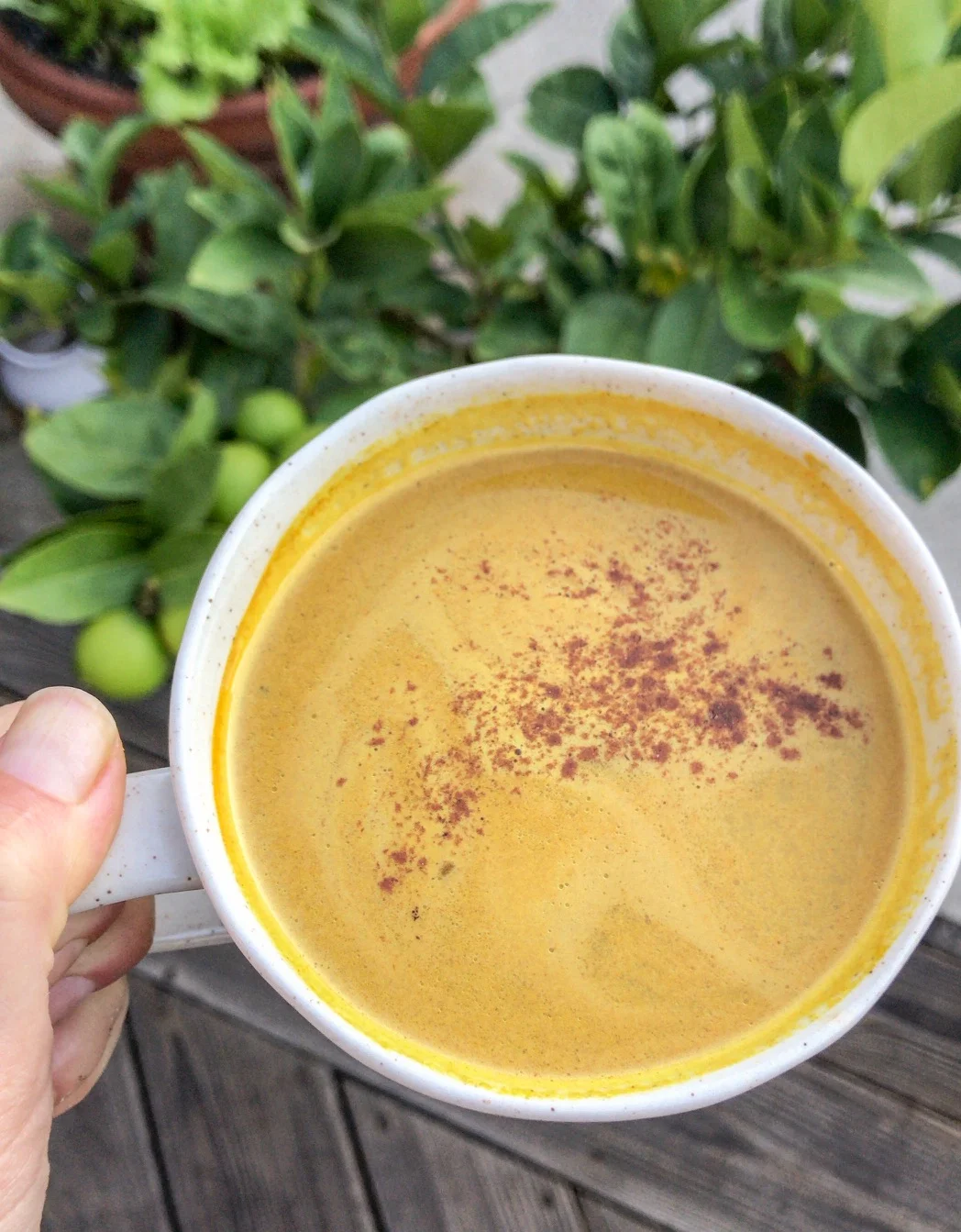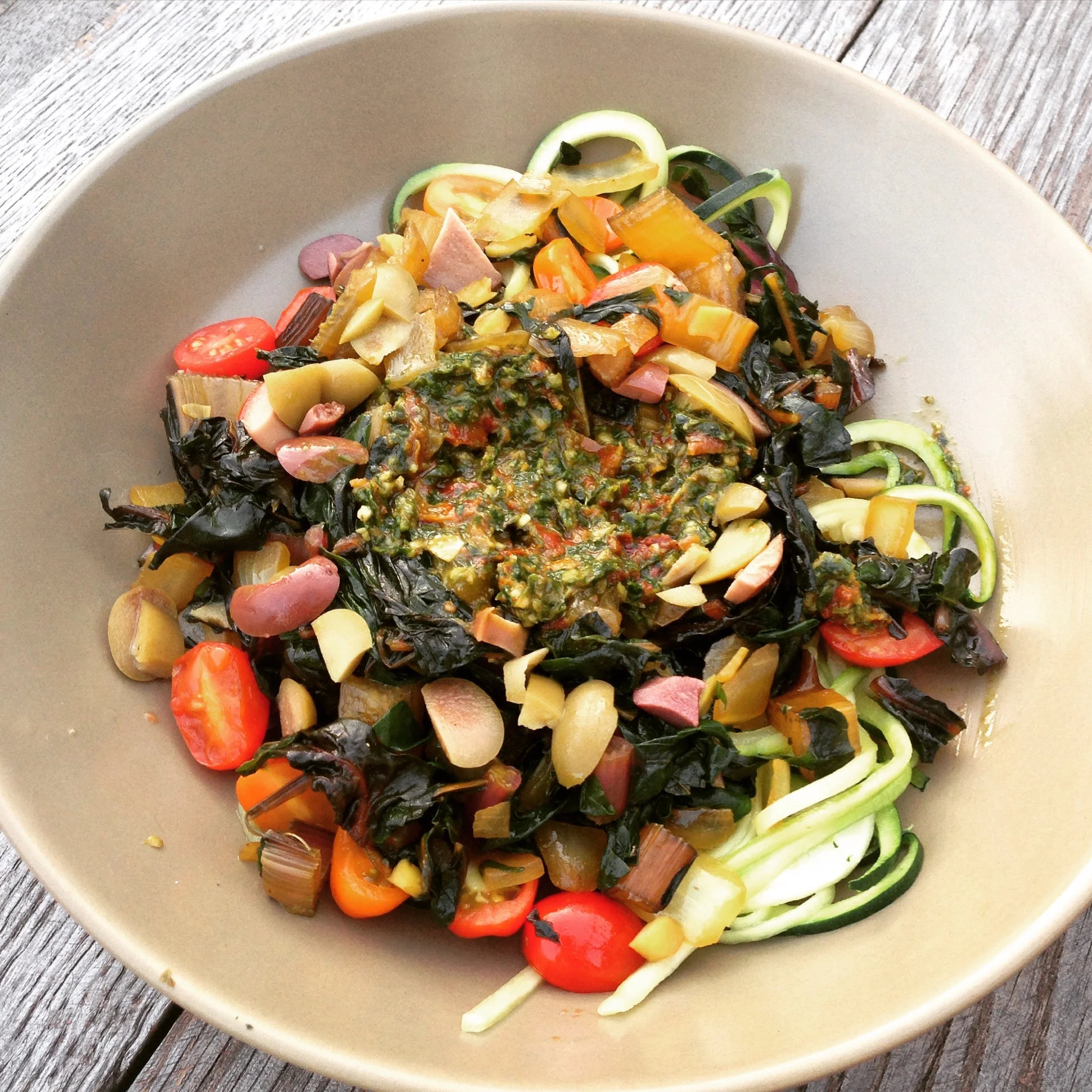1. Take a look at your food. Everything we eat has the potential to help us or hurt us. Some foods trigger the inflammatory cascade in our body, others can help to calm and reduce inflammation. An anti-inflammatory diet is a based on real, whole, unprocessed food without toxins and added chemicals. It includes lots of different plant foods, including vegetables, fruit, nuts and seeds, herbs and spices. It is low in sugar, alcohol, processed foods, refined grains, damaged fats and preserved meats.
2. Don’t stress. When we experience stress, whether real or perceived, it has physiological effects on the brain and body, one of which can be to activate the inflammatory response. Again, this reaction is meant to protect us. Think of fight or flight - we run from the bear that’s chasing us, and either get away or get killed. We fight the bear, and either win or get killed. In either scenario, the stressor goes away and the issue is resolved, allowing the body to return to its normal state (assuming the bear didn’t kill us). However in modern life, this is often no longer the case. Work, relationships, constant stimulation and pressures, can keep our stress response constantly activated, and this can lead to both mental and physical stress related diseases. Daily stress reduction techniques such as conscious breath work, meditation and journaling can be hugely beneficial to our health.
3. Move your body. It has been said that sitting is the new smoking. We spend so much time driving, at our desks, looking at our phones and not moving, and our bodies are suffering. It doesn’t mean you need to go to a crazy hard spin class or high intensity workout, especially if you’re already experiencing high levels of inflammation. Start by just trying to move more regularly, throughout your day. Studies show that as little as 20 minutes a day can reduce inflammatory markers. Take a walk at lunch. Have a dance party while you’re making dinner. If you work at a desk, stand up and stretch every hour. Take the stairs, park farther away, go for a bike ride, and find little ways to incorporate more movement into your day.
There are a number of other lifestyle factors that impact our levels of inflammation, including sleep habits, smoking, and medication. While we can’t live in a bubble and not everything is within our control, many things are, and learning how to manage our health is empowering and necessary.






